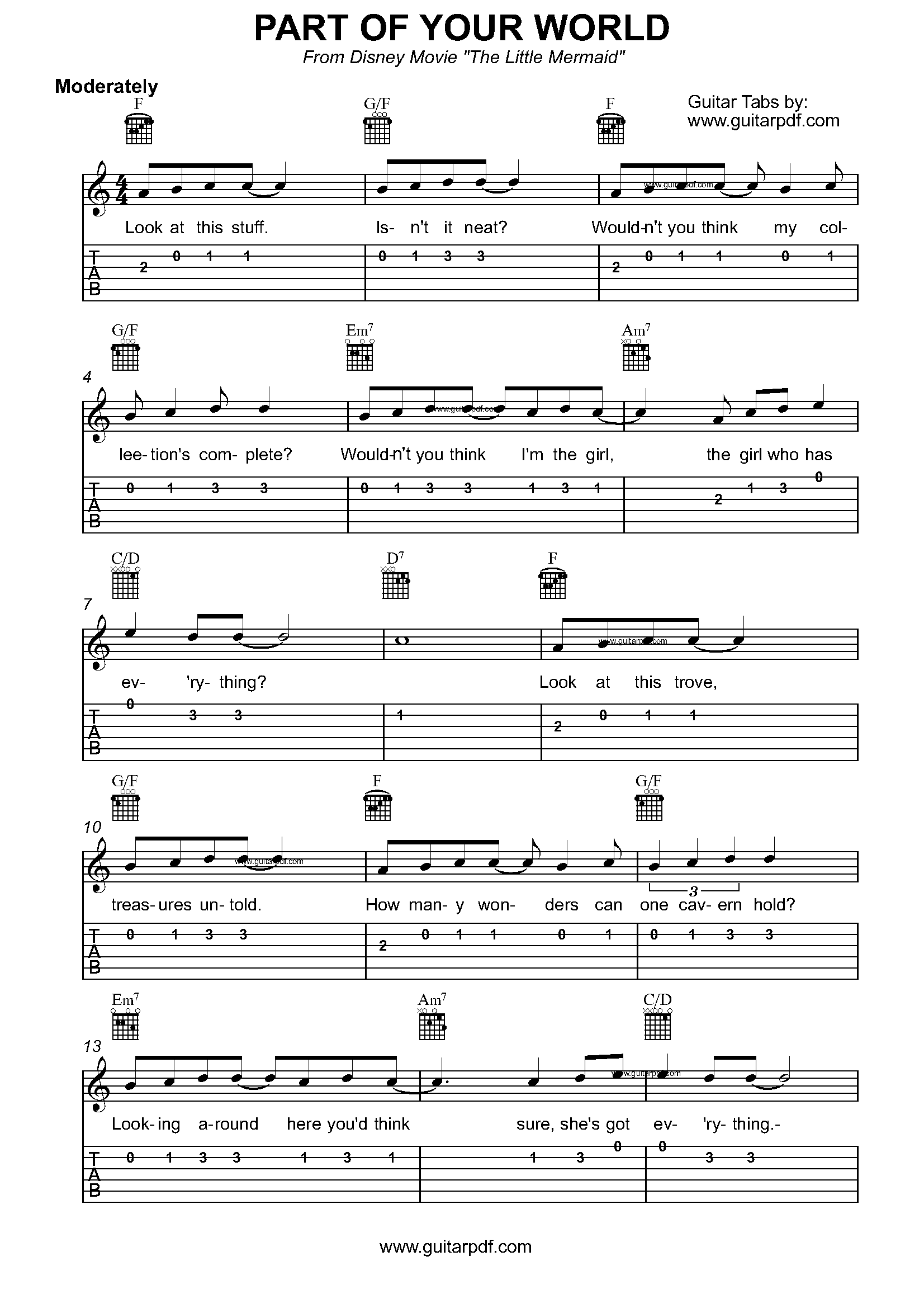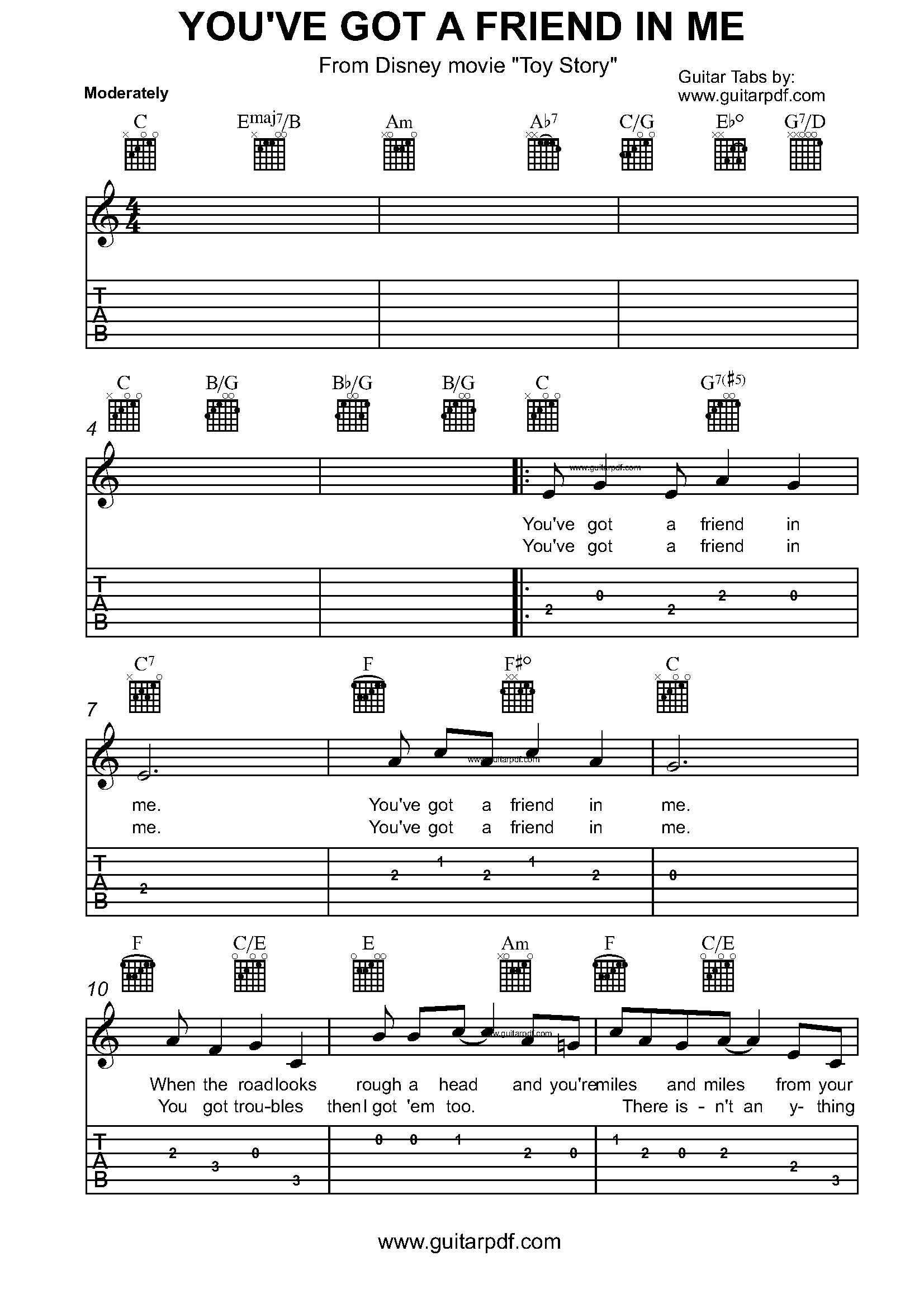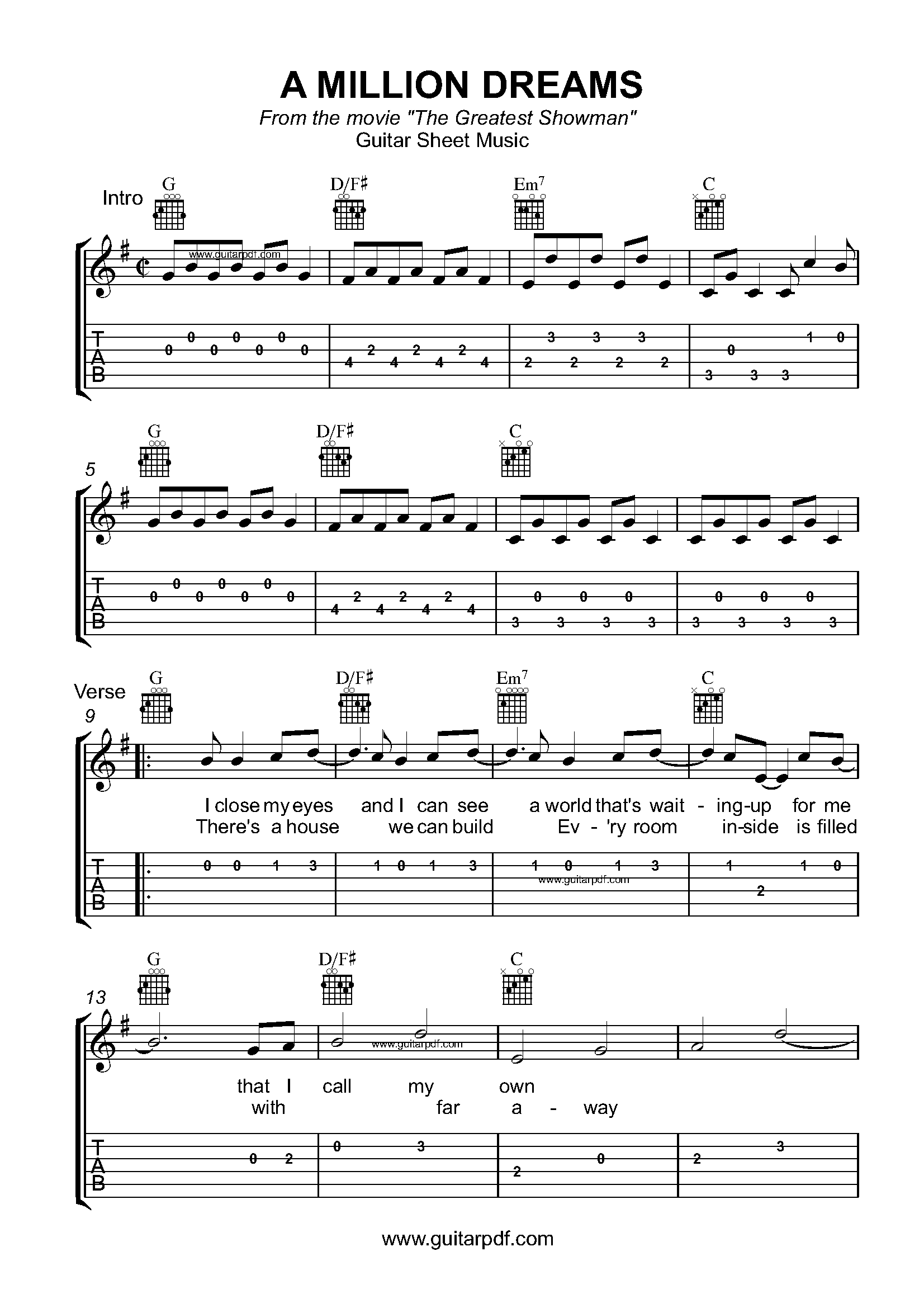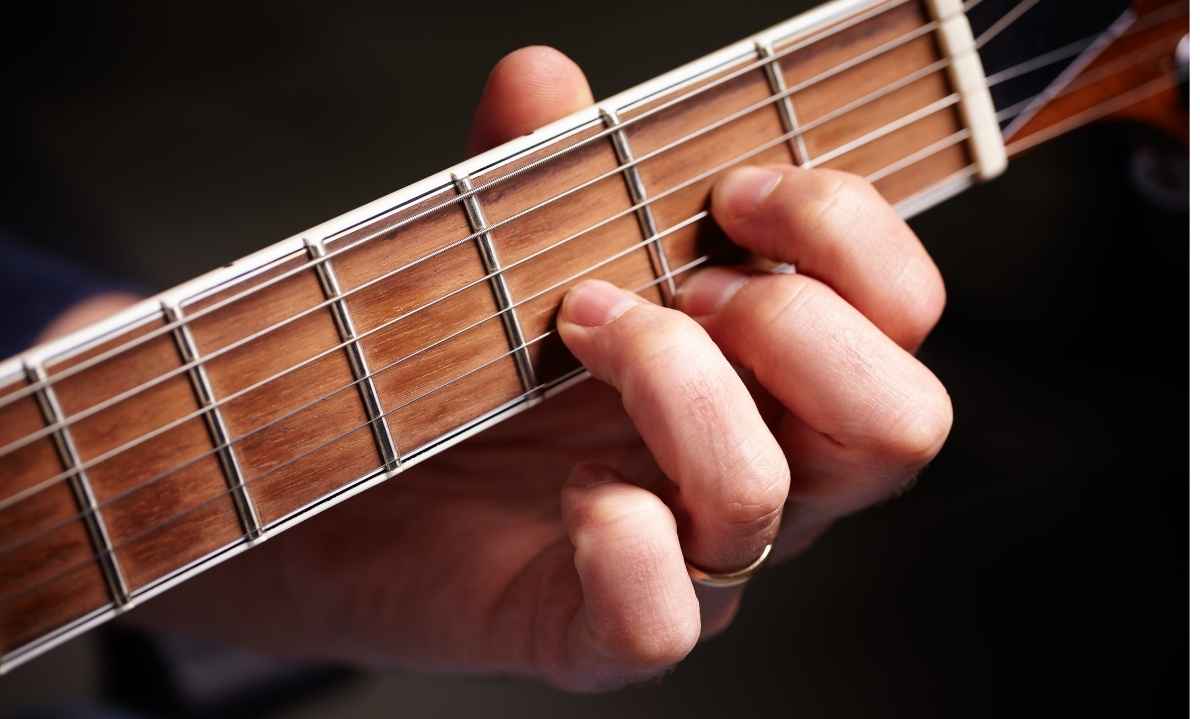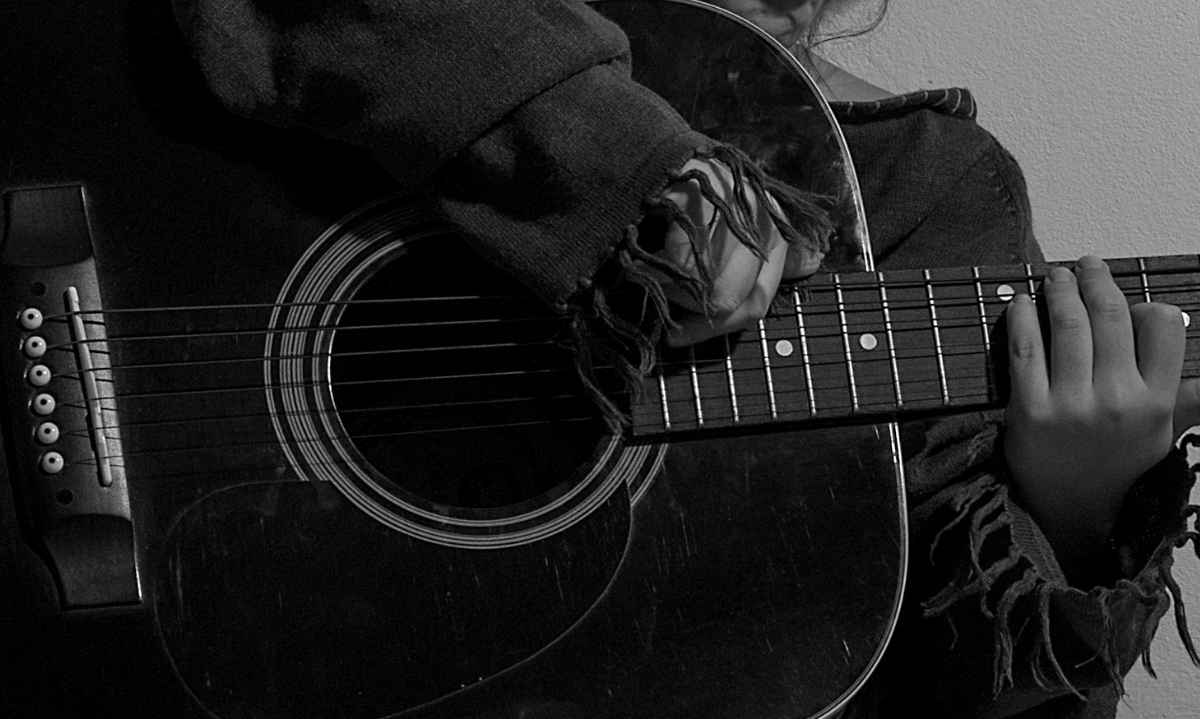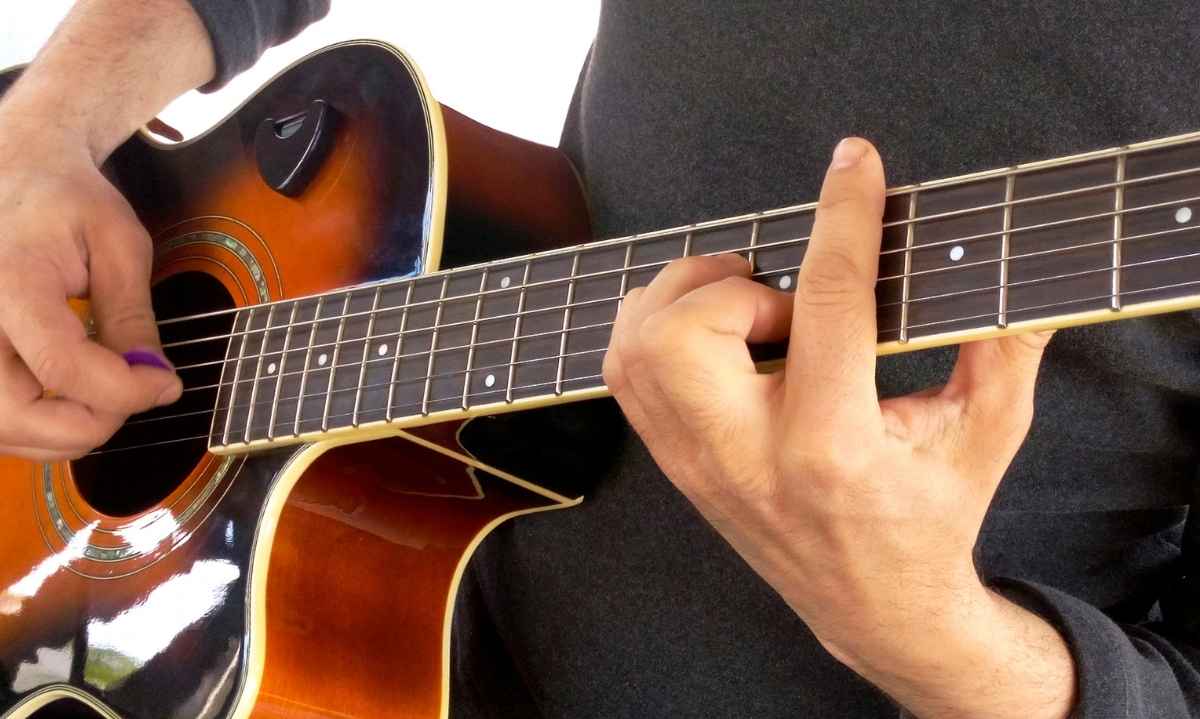Guitar Scales
Guitar Scales: A Guide to Unlocking the Fretboard
Guitar scales are one of the most fundamental tools for any guitarist, whether you’re a beginner or a seasoned player. Understanding and mastering scales not only helps with improvisation and soloing but also deepens your overall understanding of music theory and the guitar fretboard. From blues to jazz, rock to classical, scales form the backbone of countless iconic melodies and solos.
In this blog post, we’ll dive deep into what guitar scales are, why they are important, and how to practice them effectively. By the end, you’ll have a solid foundation to start exploring scales and applying them in your playing.
What Are Guitar Scales?
A guitar scale is a series of notes played in a specific sequence, typically ascending and descending across the fretboard. Scales are based on musical intervals, which are the distance between two notes. Each scale has its own unique sound, depending on the pattern of intervals that make it up.
Scales are typically defined by the number of notes they contain and the intervals between those notes. Some of the most common scales include the major scale, minor scale, pentatonic scale, and blues scale, each offering its own flavor and application in music.
Why Are Guitar Scales Important?
Scales serve as the foundation for melody, harmony, and improvisation. Whether you’re writing music, jamming with friends, or learning solos, understanding scales will help you play more confidently and creatively. Here are a few reasons why guitar scales are crucial:
1. Building Blocks of Melody
Scales are used to create melodies. When you play a melody on the guitar, it is often derived from a specific scale. By mastering different scales, you’ll gain the ability to compose and play more interesting and varied melodies.
2. Improving Technique
Practicing scales improves finger dexterity, strength, and coordination across the fretboard. Many guitar exercises are built around scales to help guitarists develop clean, accurate playing, especially when transitioning between notes.
3. Essential for Improvisation
Improvising on the guitar relies heavily on knowing scales. When you understand which scale fits over a particular chord progression, you can improvise solos and fills with confidence and creativity.
4. Enhancing Music Theory Knowledge
Learning scales deepens your understanding of music theory. You’ll learn about intervals, key signatures, and how chords are built from scales. This knowledge will open up new possibilities in your playing and composing.
5. Fretboard Familiarity
Mastering scales helps you navigate the fretboard effortlessly. Over time, you’ll start to see patterns and shapes, making it easier to find the right notes during a solo or when improvising.
The Most Common Guitar Scales
There are many different scales you can learn on the guitar, but here are a few of the most essential ones that every guitarist should know.
1. Major Scale
The major scale is the most fundamental and widely used scale in Western music. It’s often described as having a “happy” or “bright” sound. The major scale is the foundation for most other scales and is essential for understanding music theory.
- Formula: Whole, Whole, Half, Whole, Whole, Whole, Half
- Example in C Major: C – D – E – F – G – A – B – C
- Application: Major scale is used in pop, classical, rock, and many other genres.
2. Minor Scale
The minor scale has a more “sad” or “melancholic” tone compared to the major scale. It’s commonly used in various musical genres to evoke emotion and tension.
- Formula: Whole, Half, Whole, Whole, Half, Whole, Whole
- Example in A Minor: A – B – C – D – E – F – G – A
- Application: Minor scales are used heavily in rock, blues, jazz, and classical music.
3. Pentatonic Scale
The pentatonic scale is one of the simplest and most versatile scales. It has only five notes (hence “penta”), making it easy to play and great for beginners. Both the major and minor pentatonic scales are widely used in rock, blues, and folk music.
- Major Pentatonic Formula: 1, 2, 3, 5, 6 (Example in C Major: C – D – E – G – A)
- Minor Pentatonic Formula: 1, b3, 4, 5, b7 (Example in A Minor: A – C – D – E – G)
- Application: These scales are a staple in rock and blues solos.
4. Blues Scale
The blues scale is a variation of the minor pentatonic scale with an added “blue” note (a flat 5th). It gives a distinctive, expressive sound that’s perfect for blues solos.
- Formula: 1, b3, 4, b5, 5, b7
- Example in A Blues: A – C – D – D# – E – G – A
- Application: Used primarily in blues and rock music, but also in jazz and funk.
5. Modes (Dorian, Mixolydian, etc.)
Modes are variations of the major scale that start on different notes. Each mode has its own unique sound and flavor. Some popular modes include:
- Dorian Mode (Minor, Jazzy Sound): 1, 2, b3, 4, 5, 6, b7
- Mixolydian Mode (Dominant Sound): 1, 2, 3, 4, 5, 6, b7
- Lydian Mode (Dreamy Sound): 1, 2, 3, #4, 5, 6, 7
- Application: Modes are often used in jazz, rock, and fusion to create different moods and tonalities.
How to Practice Guitar Scales
To get the most out of scales, it’s important to practice them systematically. Here are some tips for practicing scales effectively:
1. Learn Scale Patterns
Scales can be played in multiple positions across the fretboard. Learning scale patterns will help you visualize how scales work on the guitar neck. Start by practicing scales in one position, then work on connecting different positions to gain fretboard mastery.
2. Use a Metronome
Practicing scales with a metronome is one of the best ways to develop timing and accuracy. Start slow and gradually increase the tempo as you become more comfortable with the scale.
3. Alternate Picking
Use alternate picking (down-up-down-up) when practicing scales. This will help improve your picking technique and allow you to play faster and more smoothly.
4. Focus on Clean Playing
When practicing scales, focus on playing each note cleanly and with good tone. Avoid letting other strings ring out unintentionally, and make sure each note is articulated properly.
5. Practice in Different Keys
Once you’ve mastered a scale in one key, practice it in other keys. This will help you become more versatile and capable of playing in any musical situation.
6. Use Backing Tracks
Practicing scales over a backing track or chord progression will help you understand how the scales fit within a musical context. You can find plenty of free backing tracks online in different keys and styles.
7. Improvise
As you get comfortable with a scale, try using it to improvise. Start by playing simple phrases and gradually build more complex ideas. This will help you develop a personal style and musical vocabulary.
Applying Scales to Music
Once you’ve learned a few scales, it’s time to apply them to real music. Here are some ways you can use scales in your playing:
1. Soloing and Improvisation
Scales are the foundation of guitar solos. For example, if you’re playing over a chord progression in A minor, the A minor pentatonic scale would be a natural choice for soloing. As you gain experience, you can mix scales (such as combining minor pentatonic and blues scales) for added expression.
2. Melody Creation
When writing music, use scales to create memorable melodies. Experiment with different scales to evoke different emotions. For instance, the major scale can create a happy, uplifting melody, while the minor scale can produce a sad, introspective tune.
3. Chords and Harmony
Scales are also used to create harmony. By stacking notes from a scale, you can build chords that fit within a key. Understanding how scales and chords are related is key to creating harmonic progressions.
Conclusion: Mastering Guitar Scales
Learning and practicing guitar scales is essential for any guitarist who wants to improve their technique, understanding of music theory, and ability to improvise. Whether you’re just starting out or looking to take your playing to the next level, mastering scales will open up new doors in your musical journey.
Start with the basics, like the major and minor scales, and work your way up to more complex scales and modes. By practicing regularly and applying scales to real music, you’ll see significant improvements in your playing and overall musicality.


